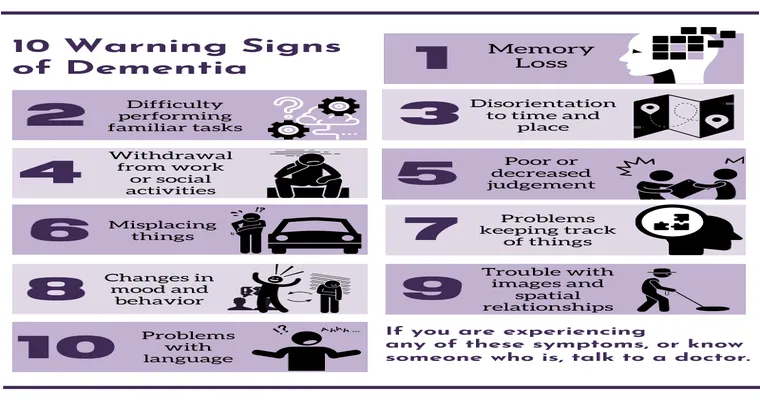Navigating the emotional turmoil of a spouse who has lost their memory can be devastating. If your "husband of 30 years doesn’t remember you", the situation may leave you feeling lost and uncertain. You might be asking yourself, "Do I insist I am his wife?" This article aims to explore the complexities of this situation, offering insights and guidance on how to handle the challenges that arise when a loved one suffers from memory loss.
Memory loss can stem from various conditions, including "Alzheimer's disease", dementia, or even traumatic brain injury. Regardless of the cause, the impact on your relationship can be profound. When your husband doesn’t recognize you, it can create feelings of grief, frustration, and loneliness. It’s important to understand that these emotions are valid and that you are not alone in this journey.
Understanding Memory Loss
Before deciding whether to assert your identity as his wife, it’s crucial to understand the nature of memory loss. People suffering from memory issues often experience confusion and disorientation. They may not remember recent events or even significant people in their lives. This can make it challenging for them to form new memories or recognize those they once loved.
The Emotional Impact
When your husband doesn’t remember you, it can feel as though you are losing him all over again. You might experience a profound sense of loss for the relationship you once shared. It is essential to acknowledge your feelings and seek support from friends, family, or mental health professionals. Sharing your experience with others can help alleviate the emotional burden and provide you with coping strategies.
Should You Insist You Are His Wife?
The decision to insist that you are his wife largely depends on the context of the situation and your husband’s emotional state. Here are some considerations:
1. "Gentle Reassurance": If your husband is open to conversation, gently remind him of your shared history. Use photos, mementos, or stories to spark recognition without overwhelming him. This approach can help him reconnect with his past.
2. "Respect His Reality": If he seems distressed or confused by your insistence, it may be more beneficial to allow him to experience his current reality. Forcing recognition can lead to anxiety and frustration.
3. "Focus on Connection": Rather than emphasizing your role as his wife, concentrate on creating a bond in the present. Engage in activities he enjoys or reminisce about shared experiences that might spark positive feelings, even if he doesn’t fully understand your relationship.
4. "Educate Yourself": Learn about his condition and how it affects memory. Understanding the intricacies of memory loss can help you approach the situation with empathy and patience.
5. "Seek Professional Guidance": Consulting with a healthcare provider or a therapist who specializes in memory loss can provide you with personalized advice. They can help you navigate the complexities of your relationship and offer coping strategies to deal with your husband’s condition.
Finding Support
You don’t have to navigate this journey alone. Join support groups specifically for caregivers of individuals with memory loss. These communities can provide valuable resources, shared experiences, and emotional support. Connecting with others who understand your situation can help you feel less isolated and more empowered.
Conclusion
Ultimately, the question of whether to insist you are his wife is not a straightforward one. Each situation is unique, and understanding your husband’s emotional state and needs is crucial. Approach the situation with love, patience, and understanding. Focus on building a connection in the present while cherishing the memories of your life together. Remember, you are not alone on this journey, and support is available to help you navigate the challenges of memory loss.





